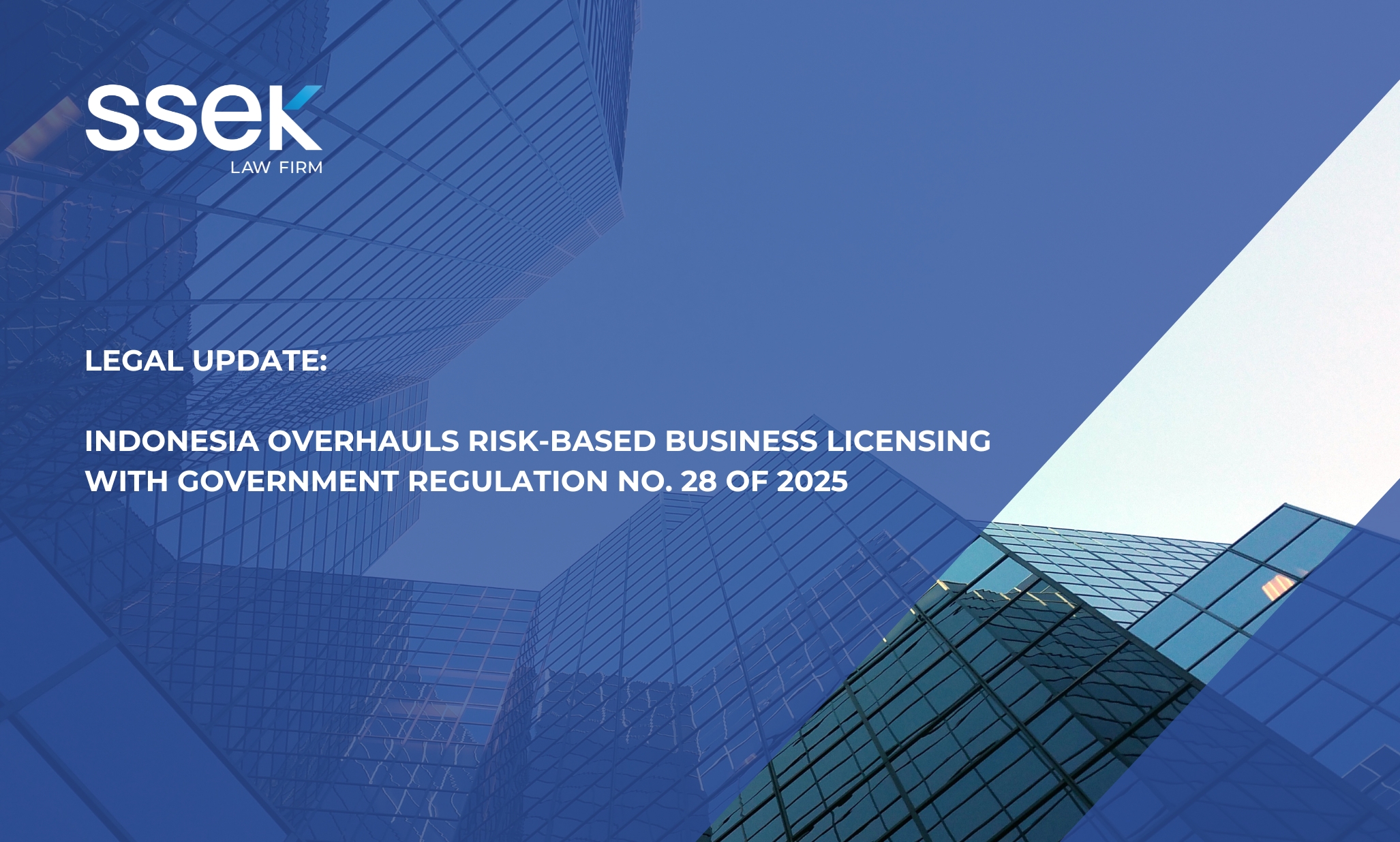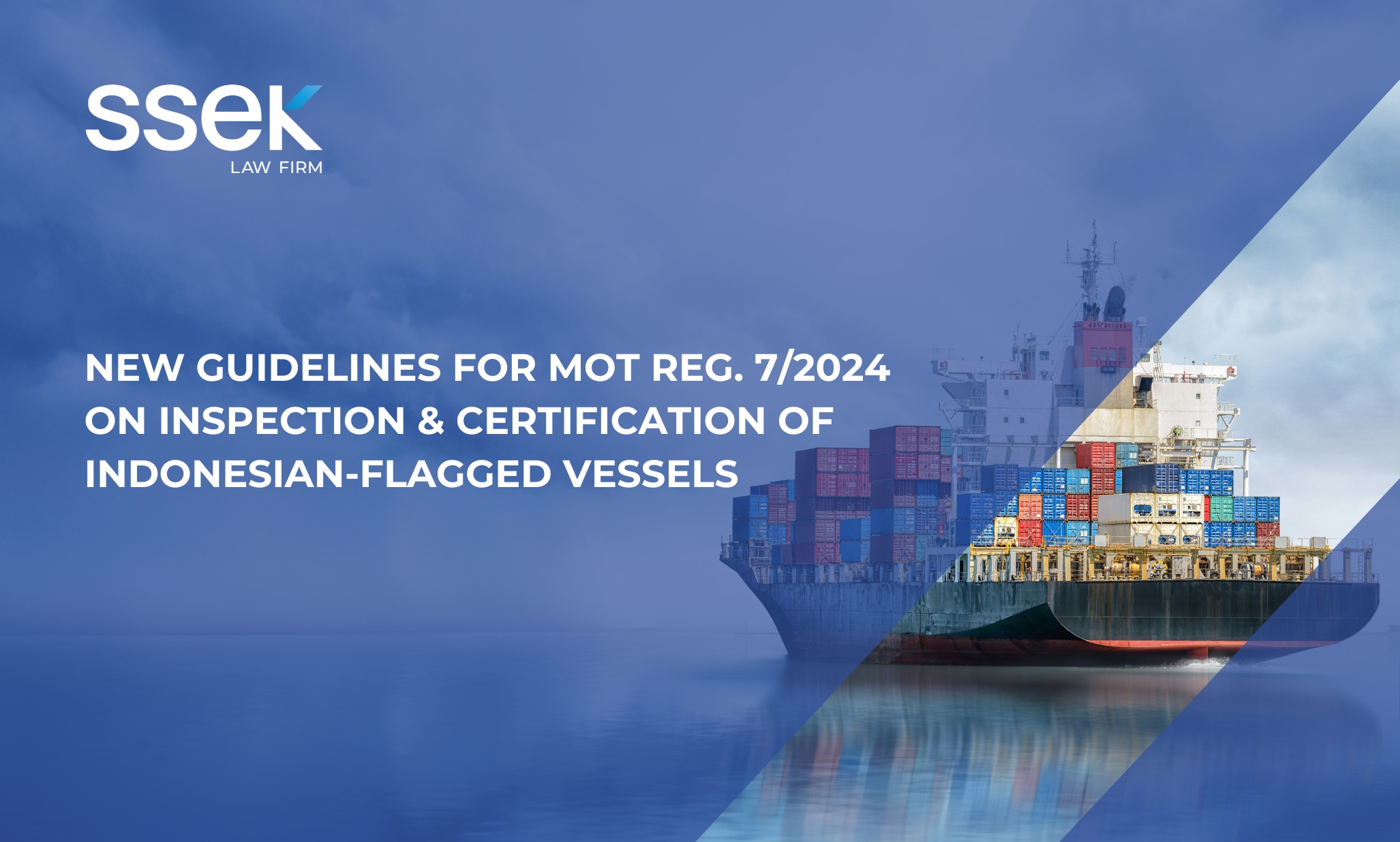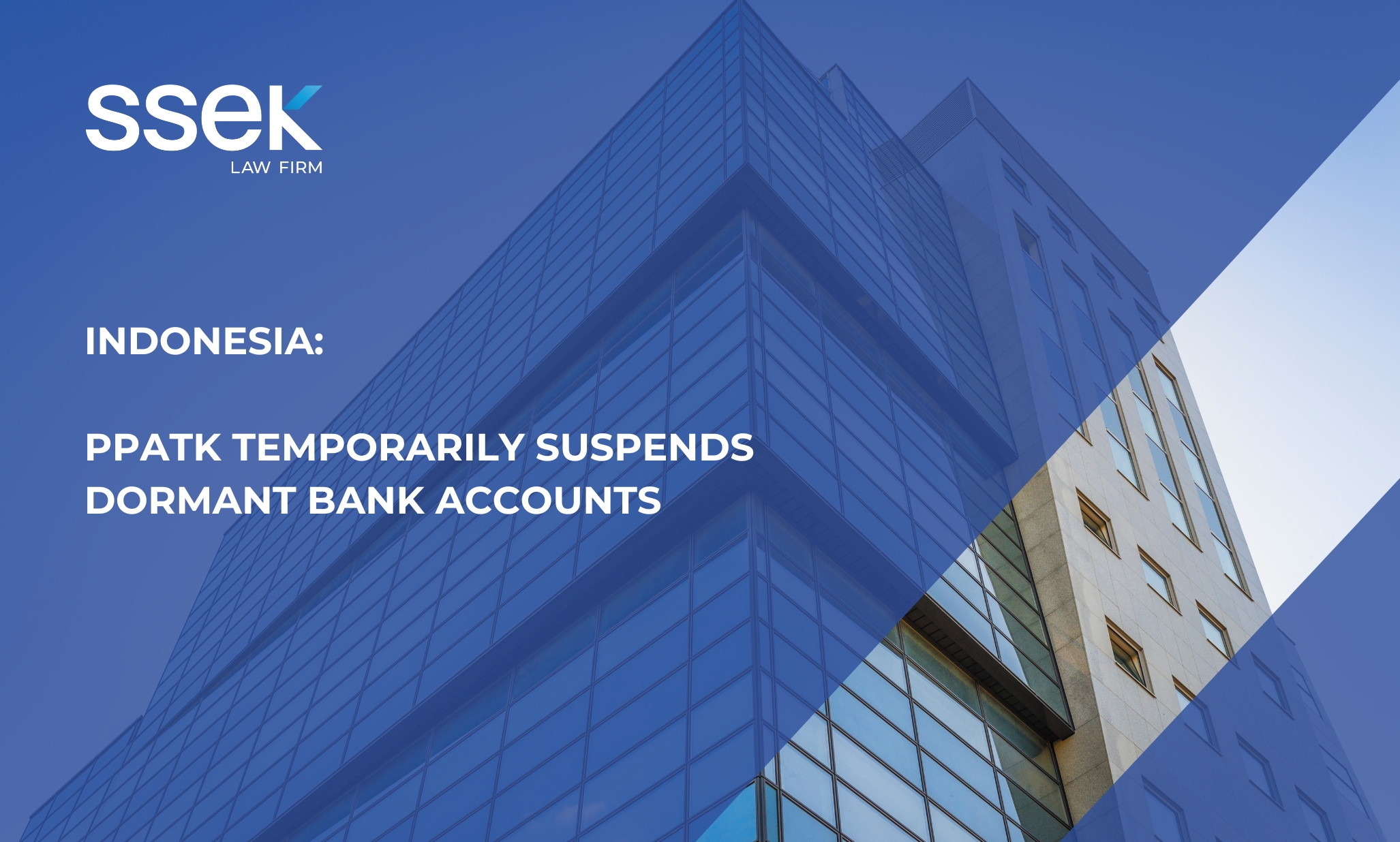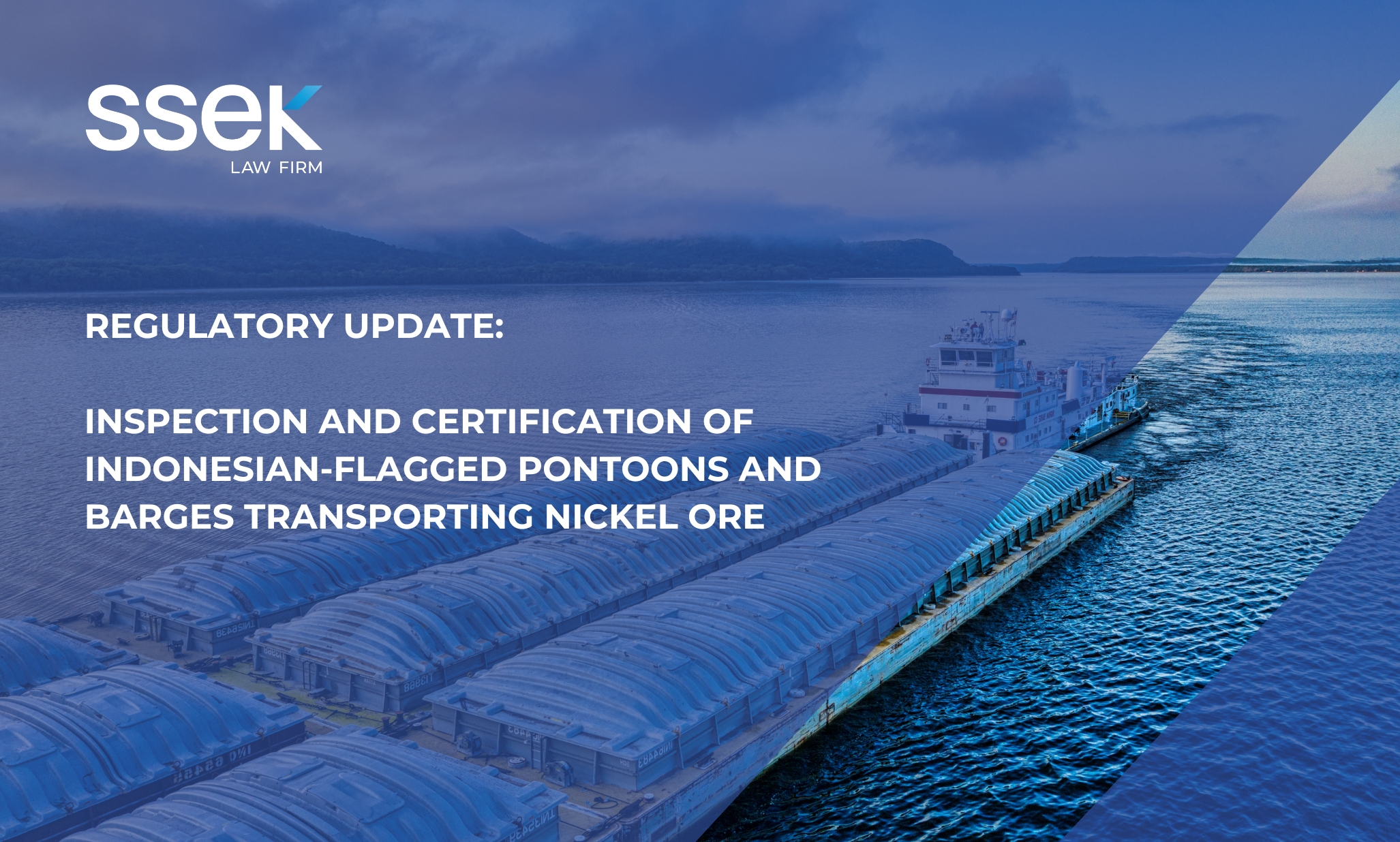

Since corporate organizations in Indonesia largely take the form of a limited liability company, corporate governance in Indonesia is principally governed under Law No. 40 of 2007 regarding Limited Liability Companies (the Company Law). The elucidation of Article 4 of the Company Law states that the applicability of the Company Law does not detract from the obligation of companies to comply with the principles of corporate governance. It should also be noted that the principles of corporate governance only apply to limited liability companies, and these principles differ depending on whether the company is a public or private entity.
Corporate governance for certain types of companies and businesses is further regulated by the Financial Services Authority (Otoritas Jasa Keuangan or OJK). OJK regulations govern corporate governance requirements for the insurance and capital markets sectors, issuers and public companies.
The Coordinating Ministry for Economic Affairs established the National Committee on Governance (NGC) in 2004 through Coordinating Ministry for Economic Affairs Decree No KEP-49/M.EKON/11/TAHUN 2004. This decree was amended by Coordinating Ministry for Economic Affairs Decree No KEP-14/M.EKON/03/Year 2008. The stated aim of the NGC was mainly to formulate, promote and facilitate the implementation and enforcement of the Indonesian Code of Good Corporate Governance (the GCG Code).
The GCG Code was first published in 2006. It must be noted that the GCG Code is not a legal instrument and as such does not have binding force on corporations in Indonesia. The GCG Code serves as a model that provides recommendations on the implementation of corporate governance in companies.
Aside from government regulations, internal corporate documents such as the company\'s Articles of Association, Company Regulation and Company Code of Ethics are also used to conduct corporate governance.
Corporate Governance Requirements for Publicly Traded Companies
Indonesian law establishes a clear line between companies that are listed and those that are not listed on the Indonesia Stock Exchange (IDX). If a company has publicly traded shares then it is categorized as a listed company, meaning that the company has initiated a public offering and is currently listed on the IDX.
Listed companies are required to implement corporate governance as governed under OJK Regulation No 21/POJK.04/2015 regarding the Implementation of Corporate Governance for Publicly Listed Companies (the OJK Regulation), and OJK Circular Letter No 32/SEOJK.04/2015 regarding the Good Governance Manual for Publicly Listed Companies. The OJK has a \"comply or explain” principle in regard to the implementation of corporate governance at public companies. Article (2) paragraph (1) of the OJK Regulation stipulates that publicly listed companies must implement good governance as set out in the Circular Letter. In the event that a publicly listed company does not implement corporate governance, it must explain its reasoning to the OJK and provide alternatives, if any.
This first appeared in the Chambers Corporate Governance 2019 Guide, published by Chambers and Partners. You can find the full chapter here.
This publication is intended for informational purposes only and does not constitute legal advice. Any reliance on the material contained herein is at the user\'s own risk. You should contact a lawyer in your jurisdiction if you require legal advice. All SSEK publications are copyrighted and may not be reproduced without the express written consent of SSEK.









